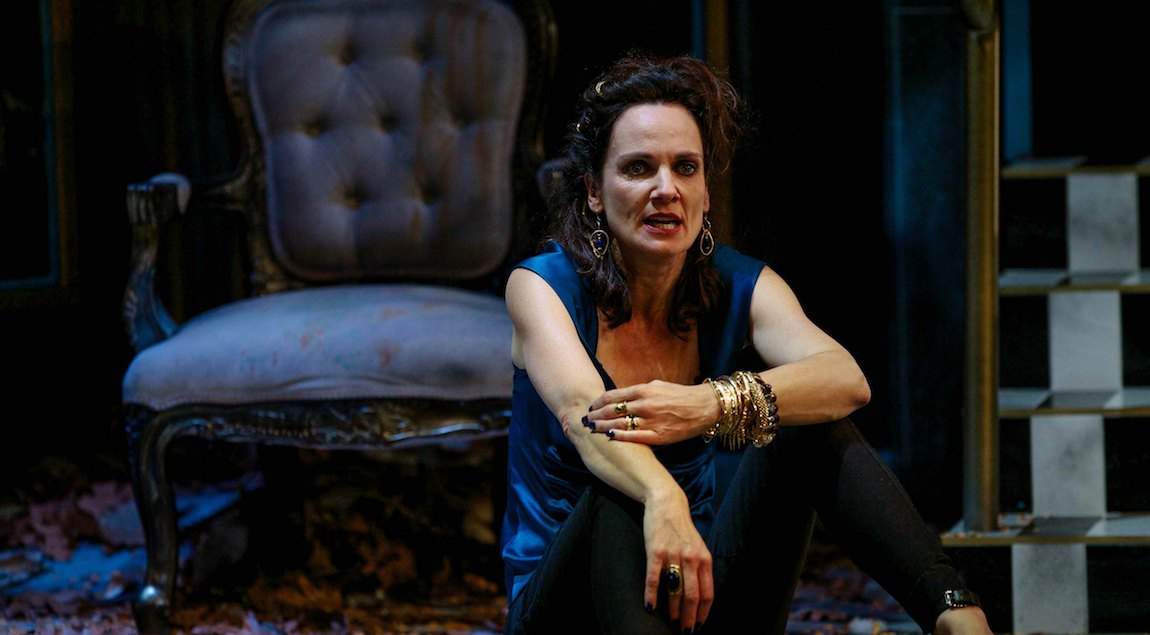Phedre – Bell Shakespeare
Indulge your penchant for psychodrama with the Racine/Ted Hughes tale of love, lust and fate.
Overview
Forbidden love — so much more appealing than ordinary, feasible love. Centuries ago a Frenchman called Jean Racine adapted a play by Euripides which British poet laureate Ted Hughes later spent the last few months of his life translating, perhaps as a sort of self-imposed penitentiary act for not protecting his partner in poetry, Sylvia Plath, from her own passionately wrought fantasies. Hughes' highly regarded free verse translation of Phedre has been adapted for the stage by the Bell Shakespeare Company.
The plot is a psychologically compelling, proper Greek tragedy complete with pathos, jealousy and screaming frustration. The character Phedre is a cursed, cougar-esque queen afflicted with an all-consuming passion for her stepson Hippolytus — ignore the name, he's a handsome if diffident 'objet d'adoration'. Fatefully, Phedre's husband Theseus is missing, presumed dead.
At the encouragement of her well-meaning nursemaid Oenone, Phedre decides to confess her dangerous and libidinous obsession to the boy in the hopes that he will respond with equal passion. Instead, Hippolytus backs away from the raving madwoman in her stilettos and tight pants in horror, as his pursuer stumbles across the stage, half-crippled by her unrequited lust. It's an unfortunate time for Theseus to return unexpectedly home literally from Hell. Hell hath no fury like a woman forced to think on the spot of how she became so visibly distressed. Phedre accuses Hippolytus of rape and Theseus promptly invokes the power of Neptune to curse his son, who retreats quite understandably to the blonde and barefooted Aricia with a view to intertangling limbs and lives.
Director Peter Evans highlights how our lives can become defined by destructive relationships both with ourselves and with others if we allow them to. From the scratchy heartbeat of the fitful soundscape to the frenzied intensity of an apparently powerful woman seeking control in a world where female control just isn't possible, it's easy to identify with her quest and subsequent failure to achieve fulfillment. Her powerlessness turns love into mania and passion into a destructive force. The male characters are victims, too; Theseus too readily believes his son is a rapist, perhaps because of his own philandering history. His realisation that he's got it fatally wrong comes much, much too late.
Some stories transcend space and time and Phedre remains a remarkably compelling psychodrama in the context of contemporary life. Anna Cordingley's set is as damaged as the characters' hearts and Hughes' translation is lean, mean and lyrical. The most tragic thing about Phedre is that she realises how the contamination of her consciousness is self-induced: the foregone conclusion of forbidden love.
This review is based on the Melbourne run of the production, which ran in May 2013. Photo by Rush.





